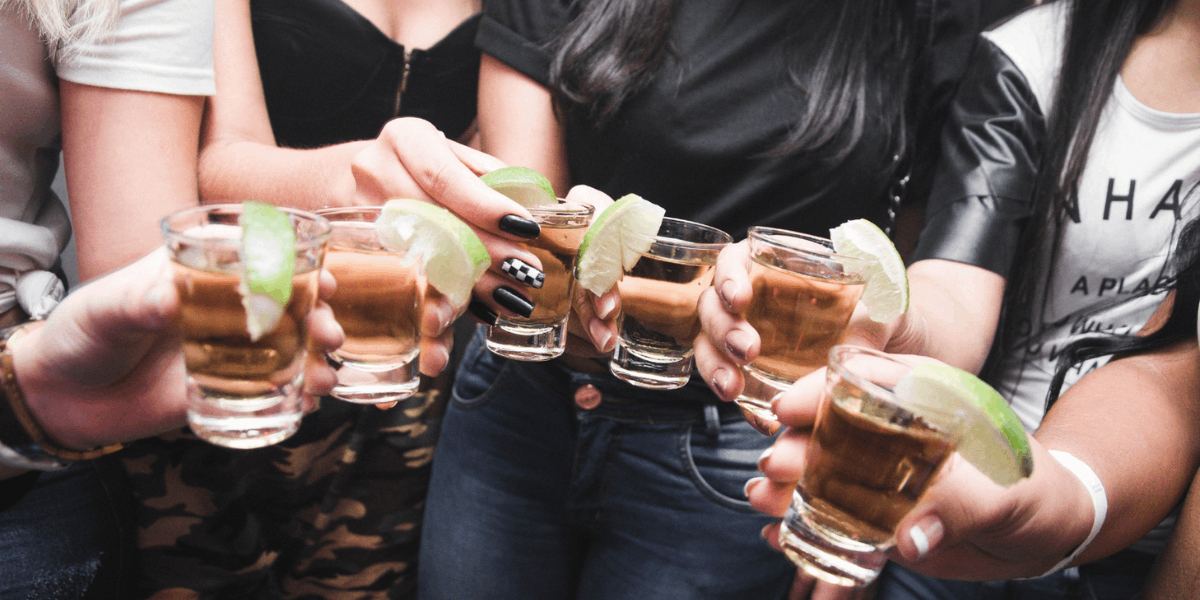A significant trend is emerging among younger consumers both globally and within South Africa: a decrease in alcohol consumption. As someone who has recently decided to cut out alcohol from my diet for lifestyle reasons I have been struck by the realization that I am most definitely NOT alone. More young people are choosing to drink less or abstain entirely from alcohol. From this curiosity, we will delve into why this shift is happening and what it means for the South African alcohol industry.
Understanding the Shift
Numerous studies suggest a trend of declining alcohol consumption among young people, particularly those under 25. Several factors are influencing this shift:
- Health Consciousness: Younger generations are becoming increasingly aware of their health and wellness. They are conscious of the effects that alcohol can have on their physical and mental health, which is prompting many to limit their alcohol intake.
- Sobriety Movement: Being sober or ‘sober-curious’ has become more socially acceptable. Movements like ‘Dry January’ and ‘Sober October’ have become popular, indicating a broader cultural shift.
- Influence of Social Media: The image projected on social media matters to younger generations, and there’s a growing narrative about the benefits of a sober lifestyle, further encouraging reduced alcohol consumption.
Implications for the South African Alcohol Industry
This change in consumption habits presents both challenges and opportunities for the South African alcohol industry:
- Diversify Product Offerings: Businesses will need to diversify their product offerings to cater to this growing market. Non-alcoholic or low-alcoholic beverages, including beers, wines, and spirits, are gaining popularity and offer potential growth opportunities. There is already a strong contingent of locally produced alcohol-free craft gins such as Abstinence Cape Spice, readily available on your Woolies shelf. As well as, I am pleased to announce, some decent tasting de-alcoholised wine and bubbles, our personal favorite Allure, is readily available in most supermarkets and traditional bottle stores.
- Promote Responsible Drinking: Brands can align with the changing attitudes by promoting moderate alcohol consumption and responsible drinking. This approach can help maintain a positive brand image among the health-conscious youth.
- Focus on Quality: Young consumers who choose to drink may be more likely to seek out high-quality, artisanal products. There’s potential for growth in the craft beer, small-batch spirits, and boutique wine segments.
- Leverage Experiences: The younger demographic often values experiences over products. Organizing events or experiences that promote social interaction without a focus on heavy drinking could be a successful strategy.
While the trend towards reduced alcohol consumption among young people may be challenging for the industry, it also opens avenues for innovation and diversification. This is far from a demonisation of a vital and still thriving aspect of our local F&B economy but rather a shift in thinking, the industry must adapt and evolve to meet changing consumer preferences. It is the perfect example of how generational/social movements can inspire invention.
At Craft Collective, we aim to guide businesses through these shifts, leveraging our expertise to help navigate the exciting landscape of food and beverage.
Stay tuned for more insights as we explore the fascinating dynamics shaping our industry.


